STIR/SHAKEN statistics from January 2022
Hot off the press, we have a fresh set of STIR/SHAKEN statistics from January 2022 to track progress in call authentication to help combat illegal robocalls. Let’s have a look at the latest trends.
Signed robocalls by attestation level
As in previous months, robocalls are being signed with SHAKEN.
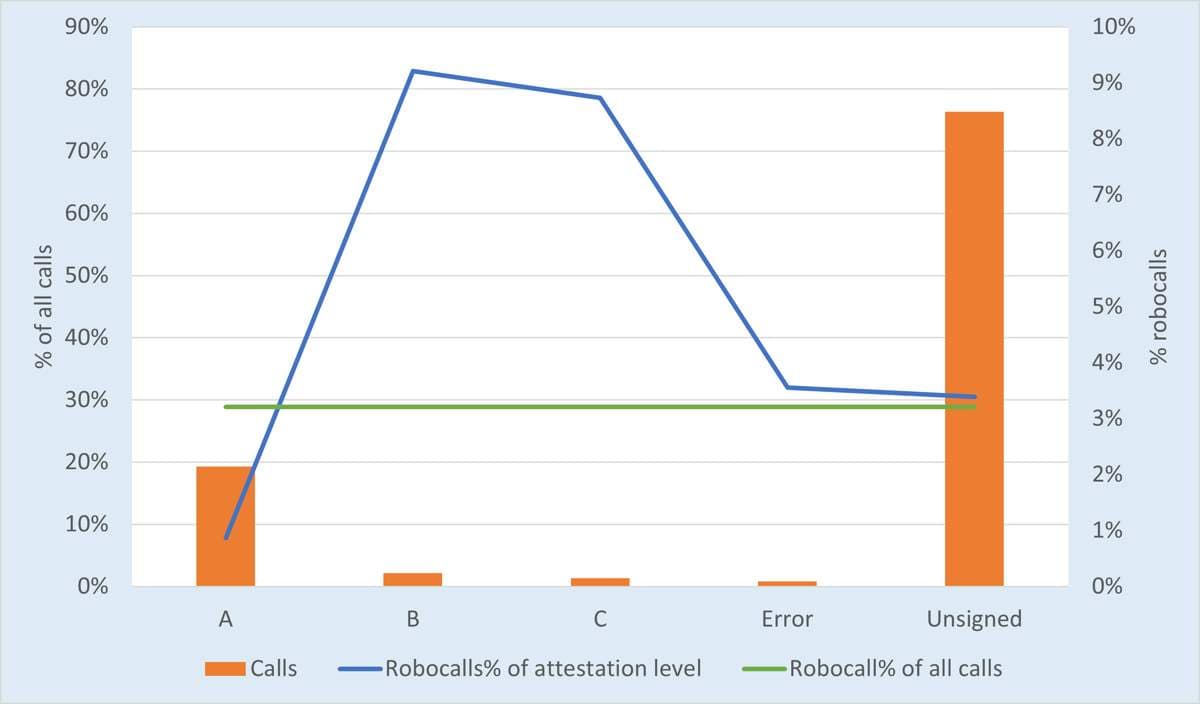
Figure 1. Calls and Robocalls by SHAKEN Verification Status - January 2022
In figure 1, the green line shows the percentage of robocalls observed among all calls. The blue line shows the percentage of robocalls at each attestation level. The scale for robocall percentage is on the right side of the figure.
Calls signed with partial attestation are 3x more likely to be robocalls.
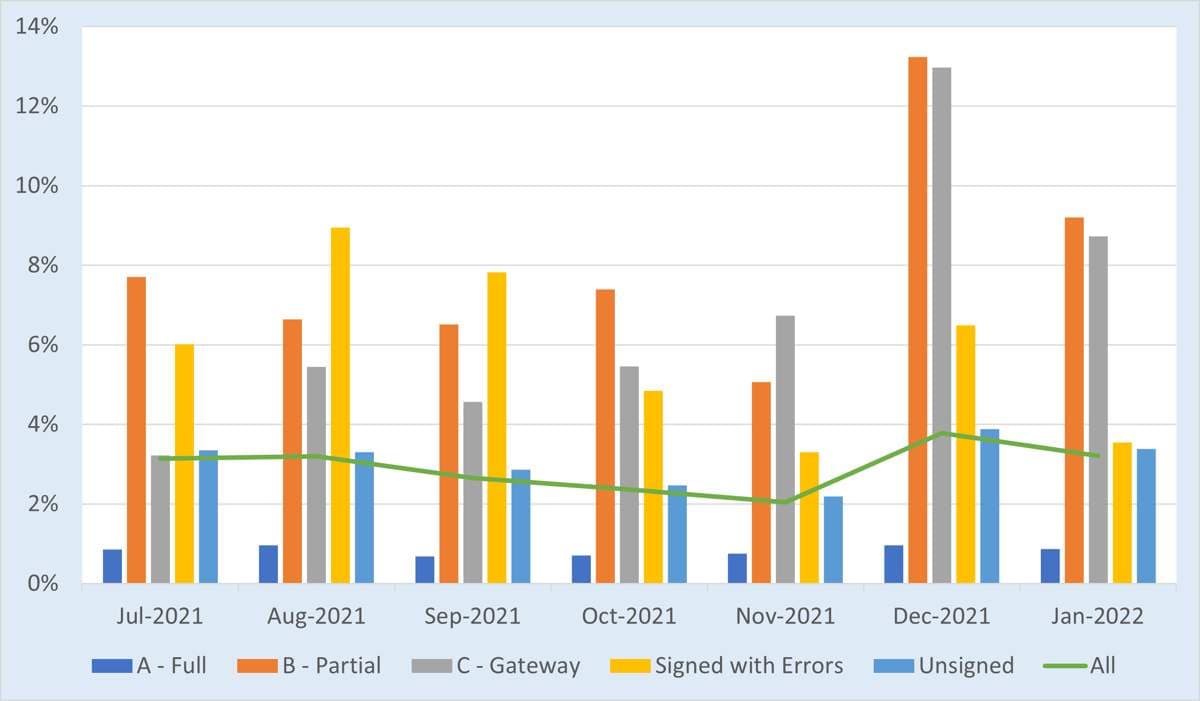
Figure 2: Robocalls by SHAKEN Verification Status – July 2021–January 2022
Figure 2 shows the evolution of this pattern. Robocalls signed with Partial B and Gateway C attestations spiked in December 2021. This ratio is back down a bit in January, but it’s still higher than any other month we’ve observed.

Attestation level usage by provider type
Who are signing calls with Partial B attestation? The following figure shows attestation level ranges by provider type.
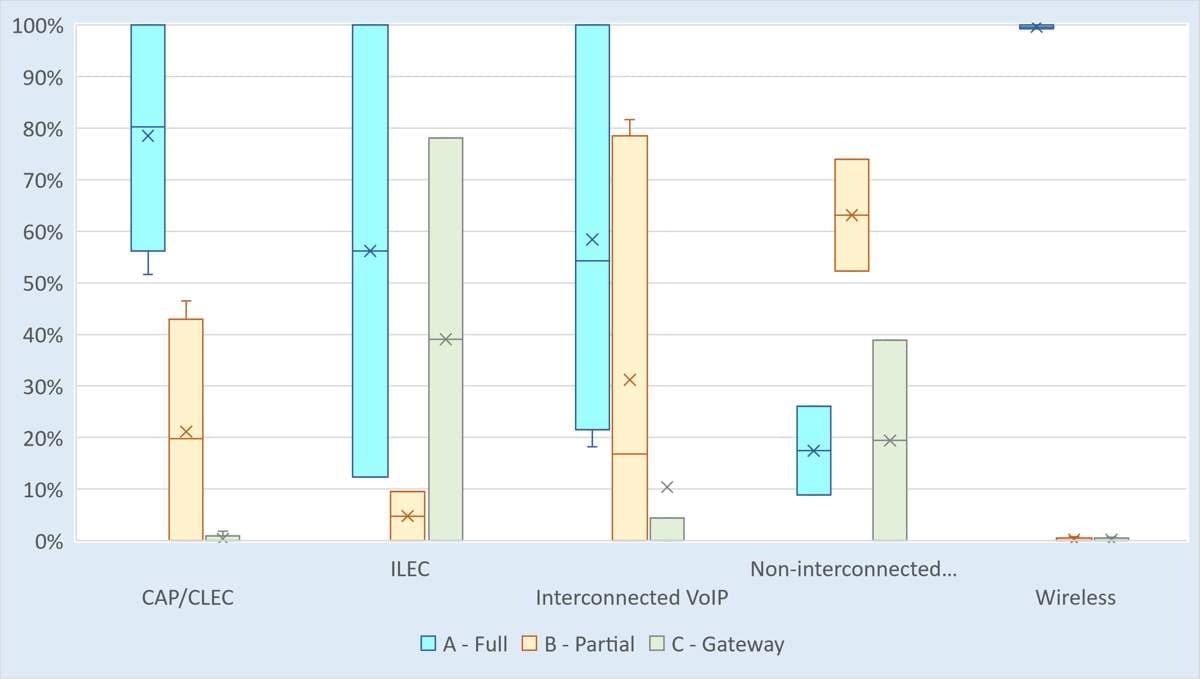
Figure 3. Attestation Ranges by Provider Type
In figure 3, the yellow boxes show the ranges of Partial B attestation across different provider types. The X in the middle of the box shows the average usage for that type, while the height of the bar shows the variability of usage among that class. The short lines extending from the boxes (the “whiskers” in a box-and-whiskers chart) show outliers.
- Non-interconnected VoIP providers are most likely to use Partial B attestation. These providers sign about 63% of their calls with Partial B attestation—higher than any other type of provider.
- Interconnected VoIP providers sign about 31% of their calls with Partial B attestation on average.
The interconnected VoIP average is a bit misleading, though, because there’s such a wide range of signing patterns among interconnected VoIP providers—that’s why the yellow box is so tall. Some interconnected VoIP providers don’t sign any of their calls with Partial B attestation, while others sign most of their calls, around 80%, with this attestation level.
We’ve observed these patterns in previous months. In January, we noticed some movement among interconnected VoIP providers. Compared to December 2021, these providers are signing about 10% fewer calls with Partial B attestation, with corresponding increases in their usage of Gateway C attestation and Full A attestation levels.
SHAKEN participation by originating service providers
The number of originating service providers observed signing calls increased about 4.5% in January, from 247 to 258.
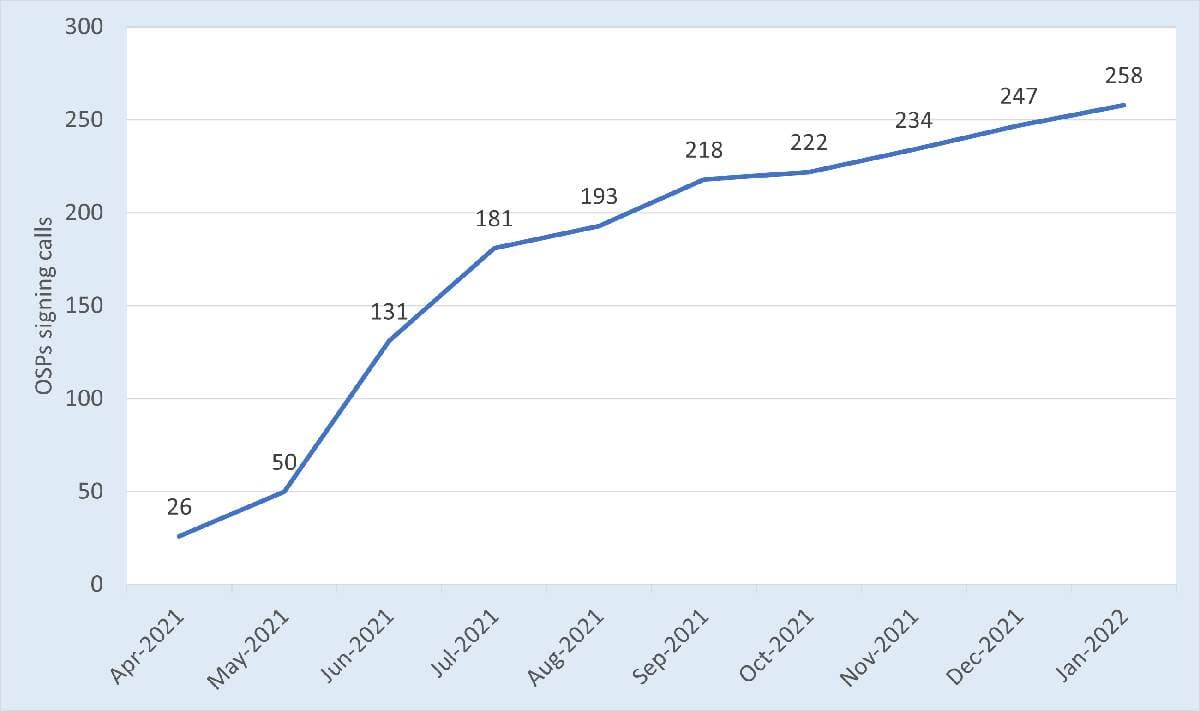
Figure 4. SHAKEN OSP Participation by Month
We expect to see participation increase as we approach the June 30 deadline for non-facilities-based small providers to implement SHAKEN.
Verification status and errors
The percentage of signed calls has remained flat since August 2021.
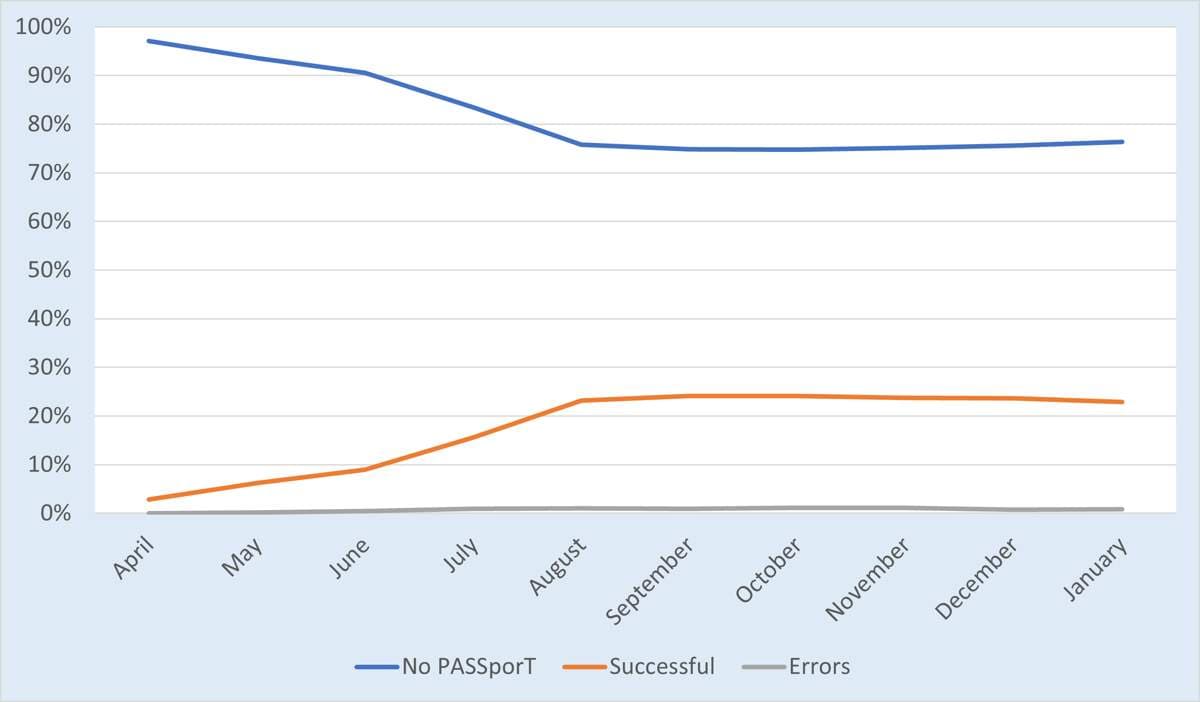
Figure 5. SHAKEN Verification Status Over Time
Figure 5 shows that the percentage of unsigned calls (blue line) and signed calls (orange line) seem to be level—maybe even going the wrong way. The percentage changes from month to month have been hovering in a 1.4% band, which isn’t enough movement to indicate a trend.
Until the small provider extension expires, and the non-IP extension is phased out, it seems the SHAKEN ecosystem will be stuck at around 24% of calls—higher among wireless carriers, and lower among smaller carriers who either aren’t signing calls or whose signed calls lose SHAKEN information when the call encounters a TDM segment along the call path.
Our thoughts
There’s good news and bad news. First, the good news:
- Robocalls were down slightly in January.
- SHAKEN participation is up slightly.
Now for the bad news:
- Robocallers are having no trouble finding originating service providers willing to sign their robocalls with SHAKEN, especially using Partial B attestation.
- Although the percentage of robocalls signed with Partial B attestation was down from December’s all-time high, it was still high—second place.
- SHAKEN participation is stuck at around 24%—way too low to deliver the intended benefits. SHAKEN must be ubiquitous and paired with call analytics to make a dent in illegal robocalls.
There’s still lots of work left to get the illegal robocall problem under control.
TransNexus solutions
We offer STIR/SHAKEN and robocall mitigation solutions in our ClearIP and NexOSS software platforms. We can make your STIR/SHAKEN deployment a smooth process.
We provide an STI-CPS, the TransNexus CPS, which is available to any SHAKEN-authorized service provider free of charge. We can also provide a private STI-CPS, either hosted or on-premises, to service providers.
Contact us today to learn more.
Our STIR/SHAKEN products:
- Work with your existing network
- Support SIP and TDM
- Affordable, easy to deploy